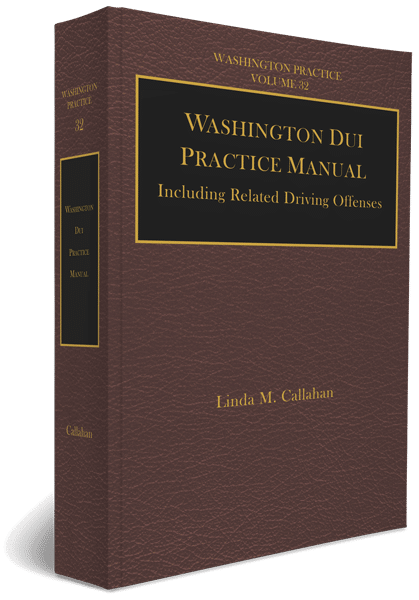If you’re facing a First Offense DUI in Washington State, it’s crucial to understand the potential consequences and your legal options. Even a first DUI charge can have serious impacts on your freedom, finances, and ability to drive.
For a first-time DUI conviction in Washington, here’s what you can expect:
- Fines: You may be required to pay fines ranging from $350 up to $5,000, depending on the specifics of your case and the judge’s ruling. Additional fees, including court costs, may also apply.
- License Suspension: A first offense DUI typically results in a license suspension for at least 90 days. However, you have the option to fight this suspension by applying for a DUI hearing within 7 days of your arrest. This hearing provides an opportunity to contest the suspension, potentially allowing you to retain your driving privileges. If the suspension is upheld, some drivers may still qualify for a restricted license with an ignition interlock device (IID).
- Jail Time: Although a first DUI may lead to jail time ranging from 24 hours to one year, our Team here at Callahan Law excels at obtaining no-jail solutions for our clients
- Drug or Alcohol Assessment: Washington courts often mandate an assessment with a certified alcohol or drug counselor for all DUIs. Based on the results, you may need to complete treatment or education programs.
A First Offense DUI may come with less severe penalties than repeat offenses, but the impact on your life is still significant. An experienced attorney, such as those at Callahan Law, can make a big difference in your case. Callahan Law’s dedicated DUI defense team understands Washington DUI laws and can work to reduce the penalties you face. They can also assist in filing for a DUI hearing to contest license suspension, offering you the best chance to retain driving privileges and avoid additional penalties.





